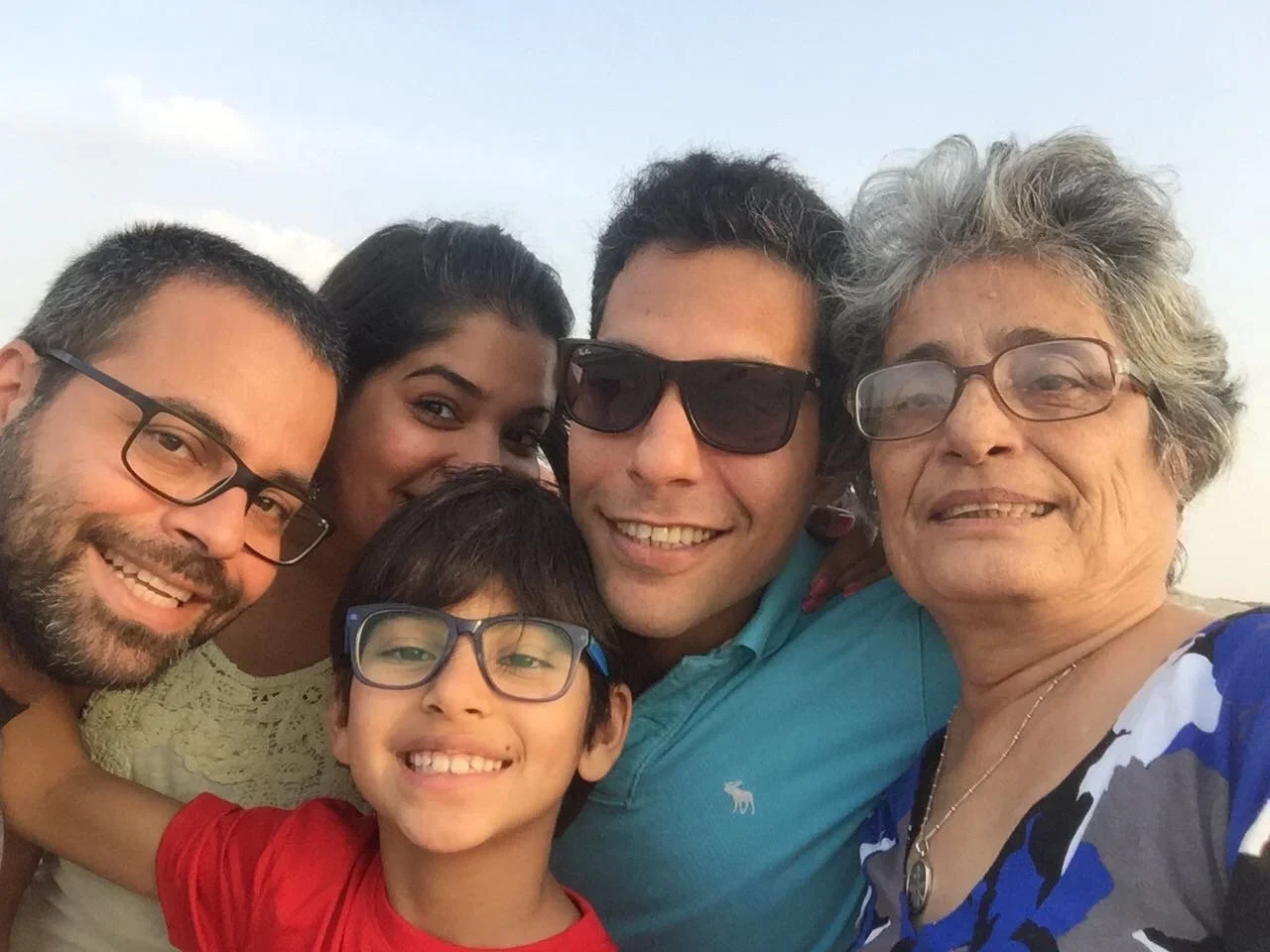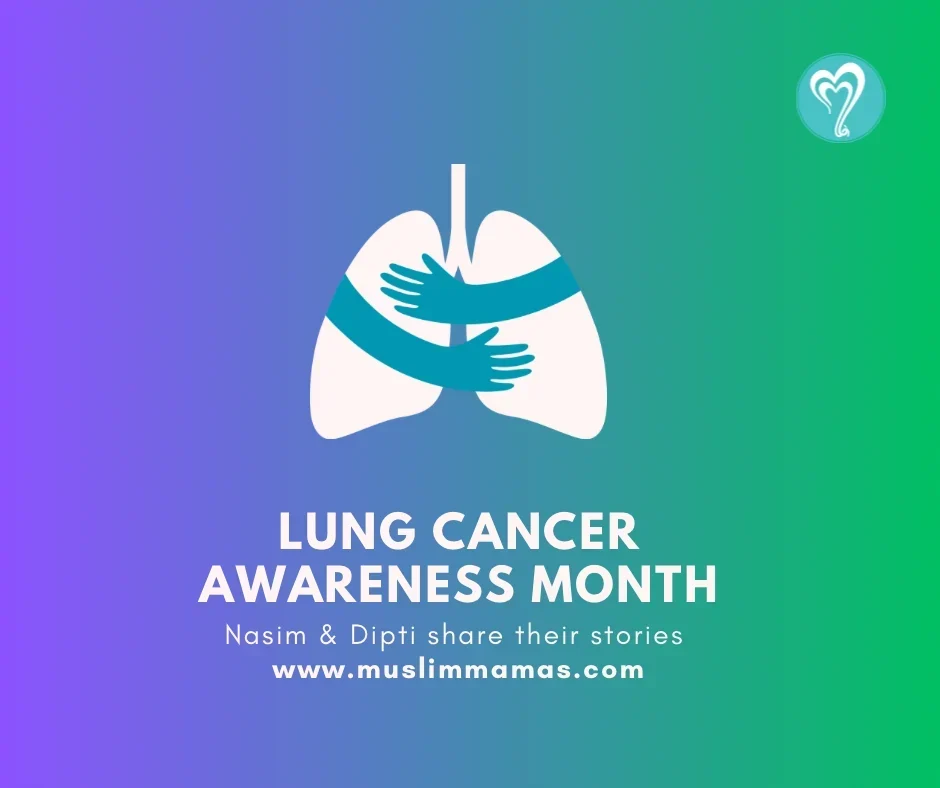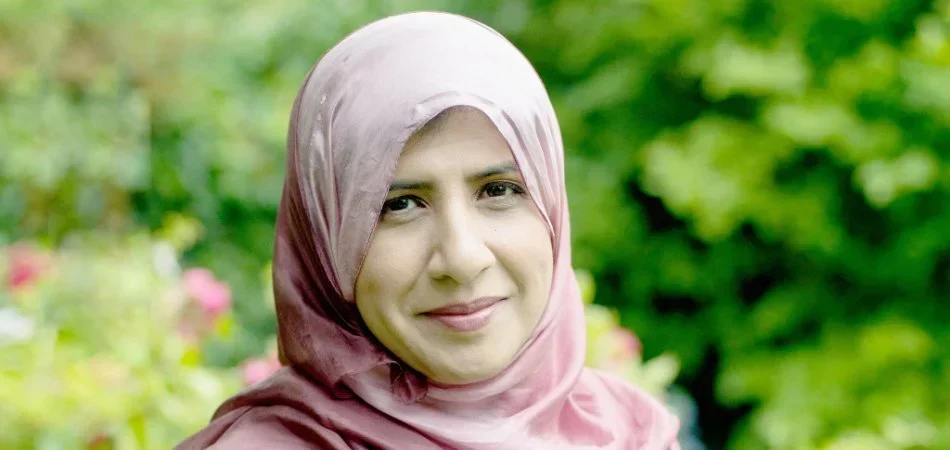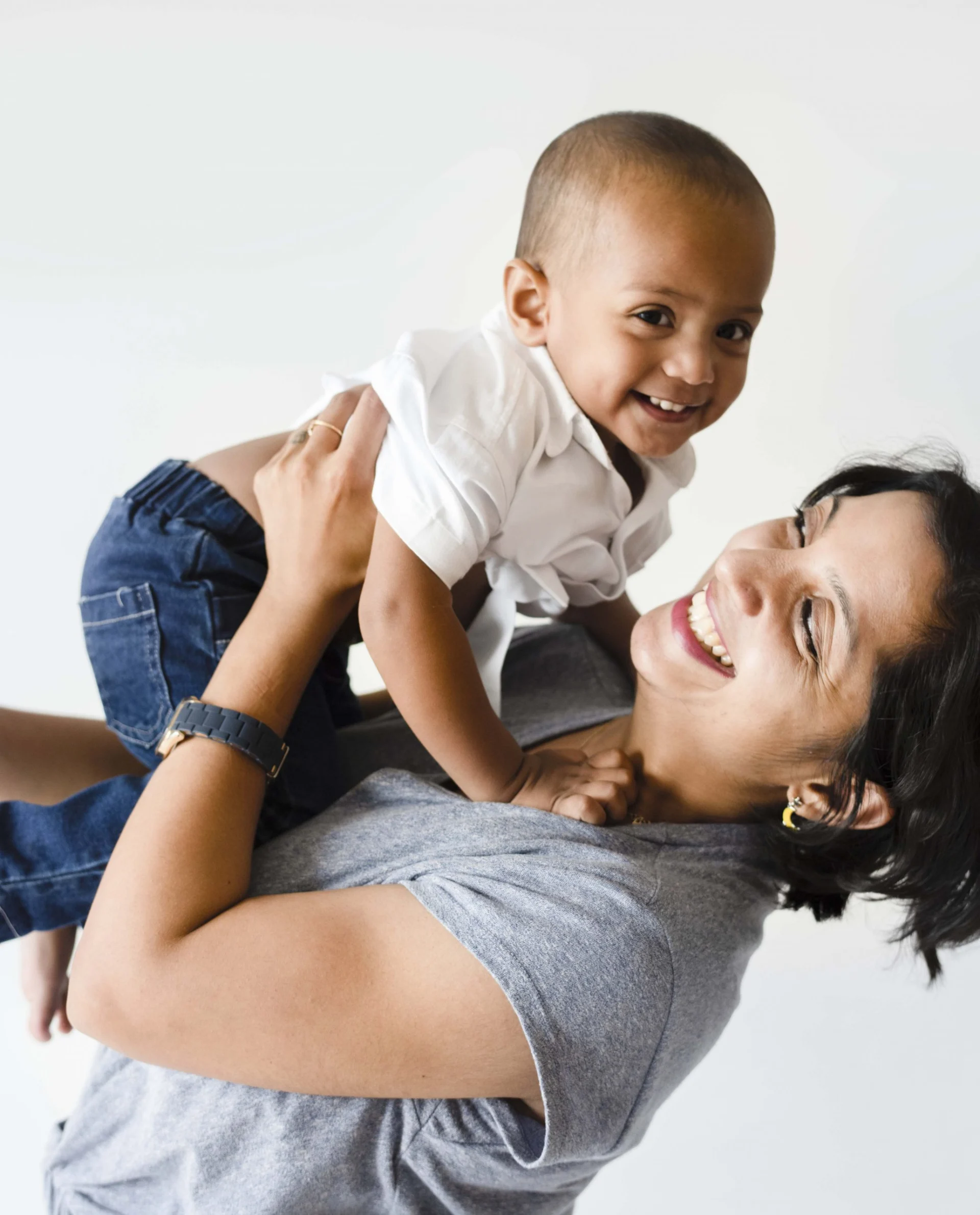As one of millions of people on the sharp end of the social care system, the current debate demonstrates everything that’s wrong with our approach to the subject: that we see care (especially care of the elderly) as an issue of finance, tax and in particular as a burden.
The first thing nobody’s asking is, what is the role and place of care in our societies, and what goals do we have in providing it? Right now care is portrayed as functional, low grade and burdensome. Sadly that reflects many horrible attitudes spouted more generally about ageing.

But what the pandemic actually showed is how many people care deeply and selflessly for our elderly, vulnerable and ageing. I say ‘our’ rather than ‘their’ because these folks are part of our village, part of our extended families, part of our societies. They are us. We are them.
What kind of society do we aspire to be when it comes to caring for our ageing, elderly and vulnerable? They have inherent and intrinsic value, and they also can add massive value to all of us. How sad that we think of them in terms of finance, tax and burden.
There are plenty of studies on the benefits of intergenerational living for young people and society. Just because someone needs a bit of extra care and help doesn’t mean that’s the entire sum of their existence and value. How insulting. All of us need care and help in some way.

Having a better vision of what social care means that we can all pull together in the same direction rather than reducing this debate to one of finance and who should be paying. Because that just makes people step away. Instead, a proper vision would make us all want to step up.
A vision of social care also means benefits of more jobs, with more value. It creates a stronger identity for young people rooted in our own history by connecting them to those who are older. For the sandwich generation it means instead of burning out, fulfilling their potential.
It also means recognising, supporting and resourcing the millions of unpaid carers in the informal care sector that provide the vast majority of care in this country. There is a knock on effect on their families and workplaces.

We have a failure of vision for social care. And the quality of the debate – in sharp contrast to the demonstrated actions and love that people clearly show for our elderly – is degrading to all of us, especially of course to our elderly, our care workers and to families.
First let’s map out what good social care would look like, and how it would contribute to a more flourishing society. Once we see its value and how it would function, we can cost it out. But for now, there’s no vision, it’s just being pitched as a bill no-one wants to pick up.
We need a better debate, and we need a better framework into which social care fits as a vision for our society. The NHS changed the UK. Our country’s demographic is now changing and we need a similarly transformational vision about social care.
By Shelina Zahra Janmohamed
Original source: https://m.facebook.com/story.php?story_fbid=10158318566305779&id=582000778
Shelina Janmohamed is an author, newspaper columnist and works in the advertising industry. Her first book Love in a Headscarf was a humorous memoir of growing up as a British Muslim woman. This was followed by “Generation M: Young Muslims Changing the World” and her debut children’s book “The Extraordinary Life of Serena Williams.” You can follow her on Twitter @LoveInHeadscarf and on Instagram @LoveInAHeadscarf.















